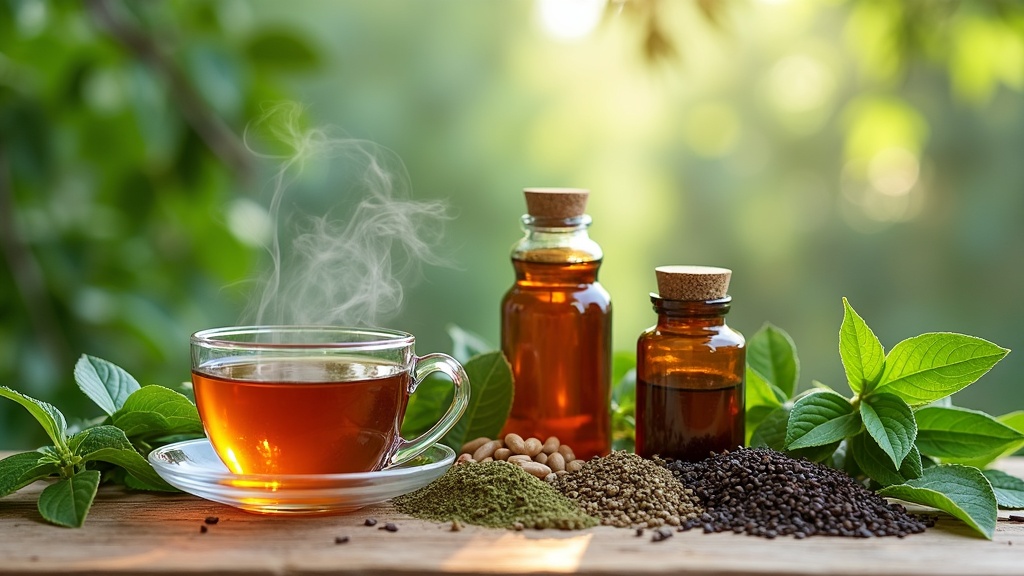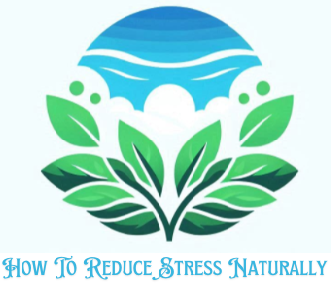Now it is time to talk about natural supplements for stress relief. Health is important for stress management, and if you are healthy, it is easier to deal with stress. Let’s explore more about what natural supplements do for your stress levels!
If stress is running your life more than you would like, you are definitely not alone. There is a growing buzz around natural supplements for stress relief, and a lot of people are looking to find non-pharmaceutical ways to relax their nerves, sleep better, and just feel a bit lighter every day. This guide breaks down what is worth checking out, what the science actually says, and how to keep things safe as you experiment with new options.

Popular Natural Supplements for Managing Stress
There are tons of natural supplements out there promising calm and focus. Some have a long tradition in herbal medicine, while others are newer or hyped up by trends. The options below are the most talked-about for stress relief, with some science to back them up.
- Ashwagandha: This is one of the biggest players in the stress relief supplement world. Ashwagandha is an adaptogenic herb, which basically means it helps the body respond to stress. Several studies, including a 2019 review in Medicine (Baltimore), found that ashwagandha root extract may help lower stress and support a sense of well-being. I have tried it in capsule form and noticed a subtle sense of calm after about two weeks.
- Magnesium: This mineral is pretty handy since low magnesium is connected to increased stress and anxious feelings. Magnesium glycinate or citrate is the form most people use for stress and sleep. A 2017 study in Nutrients highlighted magnesium’s role in regulating mood and stress levels.
- L-Theanine: Commonly found in green tea, L-theanine is known for creating relaxed alertness. It is not a sedative, so it helps you feel chill without feeling sleepy. Research, including a 2007 review, shows it reduces psychological and physiological stress responses.
- Rhodiola Rosea: Another adaptogen from traditional medicine, rhodiola is thought to help reboot your energy if you are feeling mentally and physically worn down from stress. A 2017 clinical trial found it led to less fatigue and improved mood in stressed participants.
- Valerian Root: This one’s typically used for calming nerves and as a gentle sleep aid. There is some mixed evidence, but many people swear by it for temporary relief or before bedtime.
- Passionflower: Used for generations in herbal medicine, passionflower extracts may reduce feelings of nervousness and support relaxation, especially when taken as a tea. There is moderate support for its calming effects from clinical research.
How Natural Stress Supplements Work in the Body
Natural supplements for stress usually work in one of three ways. They help regulate stress hormones like cortisol, boost neurotransmitters like serotonin or GABA, or provide minerals the nervous system craves. Adaptogenic herbs like ashwagandha and rhodiola interact with your adrenal system and help your body bounce back from stress. L-theanine is all about increasing calming brain waves, while magnesium helps nerves relax.
This isn’t magic; it is more about gently shifting your body back to balance than flipping a switch. Expect results that build gradually over a couple of weeks, not instant chillout pills.
Quick Guide to Trying Stress Relief Supplements
Stepping into the world of natural stress relief can feel overwhelming, but I found these steps make things a lot simpler:
- Start with a Single Supplement: Pick one (like magnesium or ashwagandha) to try for a few weeks, so you will know what is working. Mixing too many makes it tough to judge results.
- Use Certified Quality Brands: Dietary supplements aren’t regulated as strictly as prescription meds, which means quality can vary. Researching and picking brands with third-party testing helps you get what’s on the label.
- Stay Consistent: The effects of most herbs or minerals build with consistent use. Skipping days makes it tricky to see real benefits.
- Track Your Own Reaction: Keeping a simple mood journal or app helps spot shifts in stress, sleep, or irritability. Real changes can be subtle.
- Talk to a Doctor: Safety first, especially if you are taking other meds or have a health condition. Herbal supplements can interact with everything from anxiety meds to blood pressure pills.
What to Watch Out for When Using Supplements
As promising as these stress relief supplements sound, there are some practical things to keep in mind. First, not every supplement is completely safe for everyone. For example, ashwagandha and rhodiola aren’t recommended during pregnancy, and valerian can make you extra drowsy if mixed with sedative medications. Magnesium, while generally safe, may cause loose stools if taken in high amounts.
Another thing to consider: natural doesn’t always equal risk-free. Fenugreek and St. John’s Wort (sometimes marketed for mood) can mess with many medications, including antidepressants and birth control. Careful research helps buyers make informed decisions.
Finally, regulations on supplements tend to be less strict than with prescription meds. Look for companies with transparent sourcing and reliable lab testing. Customer reviews and third-party certifications go a long way here.
Magnesium and Stomach Upset
I have had friends who stayed away from magnesium because it gave them stomach issues. Generally, starting with lower doses or switching to magnesium glycinate, which is easier on the gut, helps avoid these side effects.
Combining Supplements
Mixing calming herbs (like passionflower and valerian) can compound sleepy feelings, which might be welcome at bedtime but not so much during the day. Pay attention and start with low doses if combining supplements.
Day-to-Day Tips Beyond Supplements
Supplements can be pretty useful, but they are not a replacement for healthy routines or professional support when needed. In my own adventure dealing with stress and anxious spells, these habits made a big difference alongside natural supplements:
- Prioritizing sleep—even a small switch in bedtime makes a difference
- Spending time outside or with plants for that mood-boosting nature fix
- Gentle movement daily, like stretching, slow walks, or yoga
- Exploring meditation or guided breathing apps (I like Insight Timer for free meditations)
- Staying social, even in small doses, helps stress feel lighter
Another thing that I have found super helpful on stressful days is simply limiting the amount of time spent consuming negative news or mindlessly scrolling through social media. Even 15 minutes of reading something inspiring or connecting with a friend lightens things up. Cooking a nourishing meal, doodling, or listening to upbeat music can flip the mood switch before reaching for any supplement. These little acts add up and reinforce a sense of calm.
Frequently Asked Questions
Question: How fast do natural stress relief supplements work?
Answer: Most herbal supplements need about 2-4 weeks of daily use for full effects. Some, like L-theanine, can work within an hour or two, but lasting changes tend to show after regular use.
Question: Are natural supplements for stress safe?
Answer: Many are well tolerated for healthy adults, but it’s really important to check with a pharmacist or doctor if you’re on medications or pregnant. Always follow recommended dosing and buy from quality brands for safety.
Question: Which is better for stress, vitamins or herbal supplements?
Answer: Vitamins like magnesium and B complex can help if you’ve got a deficiency, while herbal options like ashwagandha or rhodiola are more for balancing the body’s stress response directly. A mix, tailored to your needs, often works best.
Question: Can you use natural stress supplements alongside prescription meds?
Answer: Sometimes, but sometimes not; it depends on the combo. For example, St. John’s Wort can mess with lots of meds. Always check with your healthcare provider for advice that fits your situation.
Question: Do these supplements work for everyone?
Answer: Results definitely vary. Genetics, baseline stress levels, diet, and lifestyle all play a role. Sometimes, people see big benefits right away, while others might notice very little. Tracking your progress helps you judge what is working for you.
Final Thoughts
Natural supplements for stress relief are a popular choice for good reason: many people find them gentle, accessible, and effective for mellowing out some of daily life’s tension. From magnesium and adaptogens to herbal teas like passionflower, there is a lot to try; just go slowly, prioritize quality, and keep your healthcare team in the loop when adding new products. Plus, weaving in solid daily habits and healthy routines goes a long way toward keeping stress at bay, with or without a supplement boost.
Trying these out myself brought a greater sense of control and a toolkit to reach for during rocky weeks. Exploring what works for you is all about listening to your body and finding that sweet spot for calm and clarity in your everyday routine.
What do you think about this article? Do you have any advice or suggestions? Please let us know your thoughts and write in the comment section below.
Meditation is a great tool for stress relief. CLICK HERE to learn more.
Please leave me a comment below, and please subscribe
If you think this article is useful, please share it.
Thank you! Have a nice day! Until later
Linda Mo
Founder and owner of How To Reduce Stress Naturally
